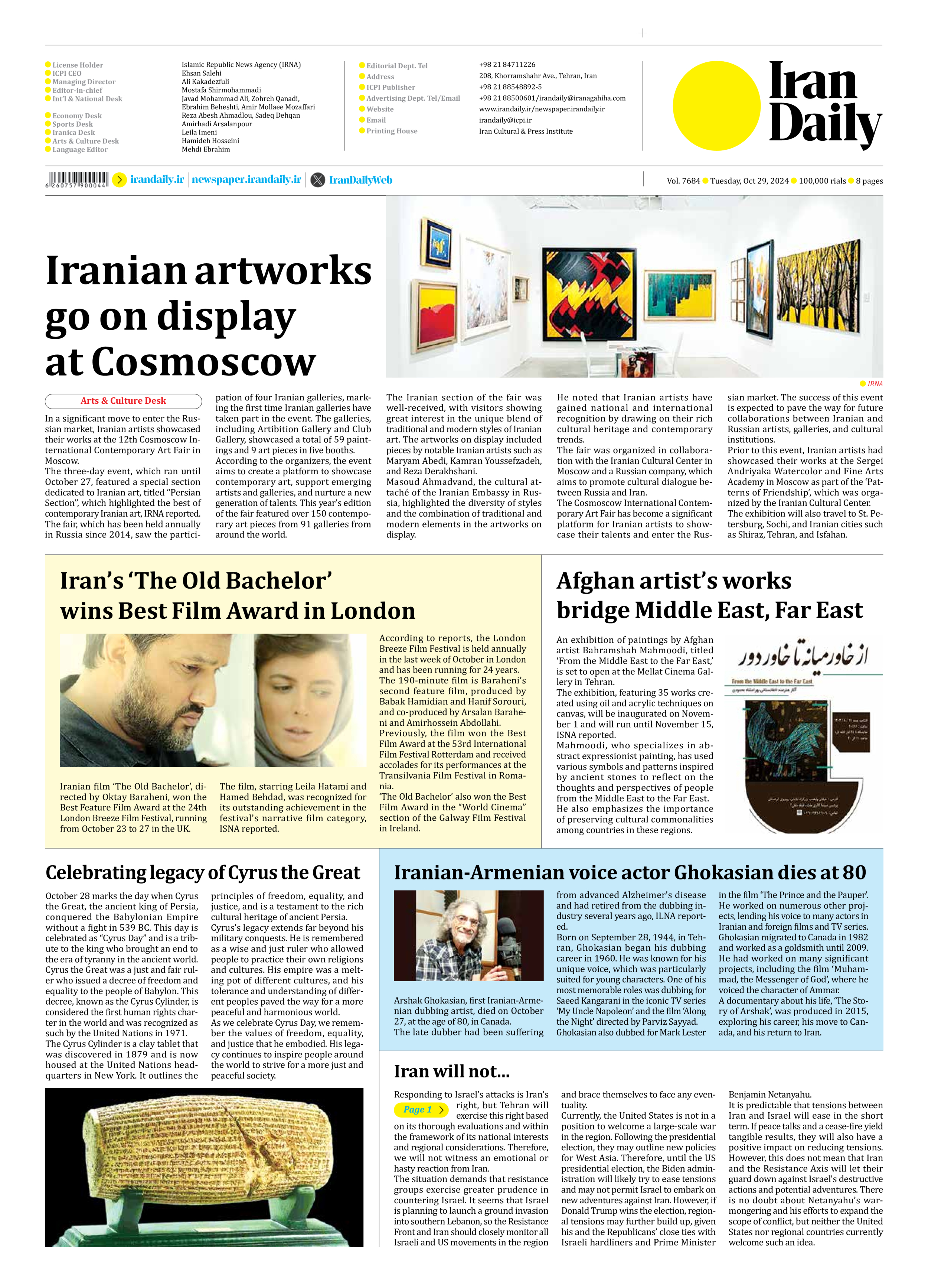
Copy in clipboard...
Celebrating legacy of Cyrus the Great
Cyrus the Great was a just and fair ruler who issued a decree of freedom and equality to the people of Babylon. This decree, known as the Cyrus Cylinder, is considered the first human rights charter in the world and was recognized as such by the United Nations in 1971.
The Cyrus Cylinder is a clay tablet that was discovered in 1879 and is now housed at the United Nations headquarters in New York. It outlines the principles of freedom, equality, and justice, and is a testament to the rich cultural heritage of ancient Persia.
Cyrus’s legacy extends far beyond his military conquests. He is remembered as a wise and just ruler who allowed people to practice their own religions and cultures. His empire was a melting pot of different cultures, and his tolerance and understanding of different peoples paved the way for a more peaceful and harmonious world.
As we celebrate Cyrus Day, we remember the values of freedom, equality, and justice that he embodied. His legacy continues to inspire people around the world to strive for a more just and peaceful society.







